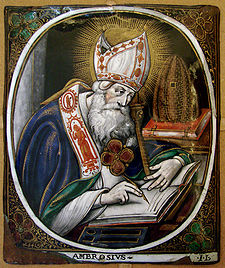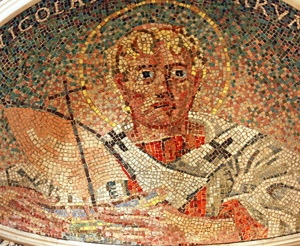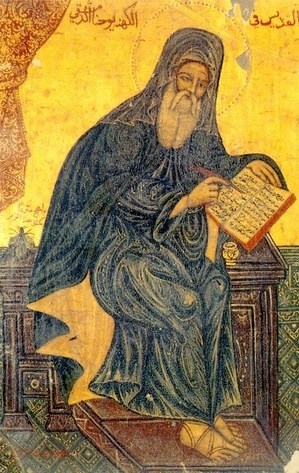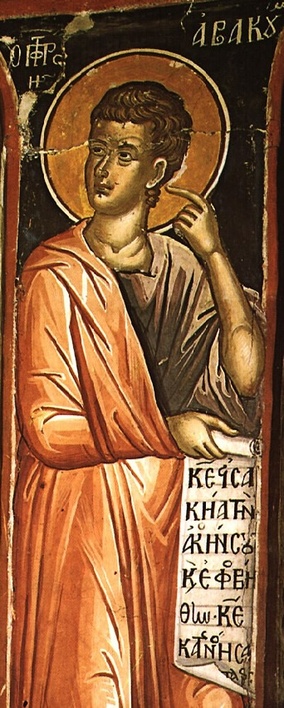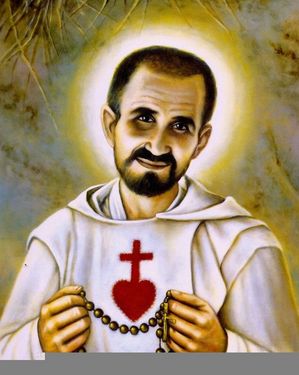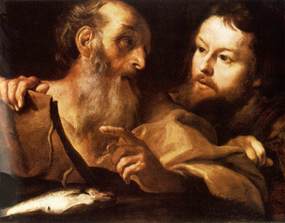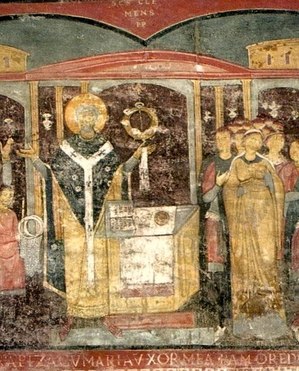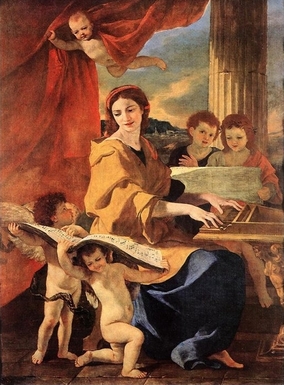May the glorious intercession of the Virgin and Martyr Saint Lucy give us a heart, we pray, O Lord, so that we may celebrate her heavenly birthday in this present age.
Saint Lucy’s life is rather obscure now with the passage of time and the lack of accurate records from her period in history. She died c. 304 during the time of Diocletius. Since Saint Gregory the Great added Lucy’s name to the Roman Canon in the 6th century we hear her name with other virgin martyrs.
Remembering liturgical history, the liturgical memorial of Saint Lucy was commemorated on the shortest day of the year on the Julian calendar. The meaning of “Lucy” is drawn from the Latin word “lux,” light, hence Lucy illumines our path to Christ; her light shines in the darkness.
Today, December 13, is no longer the shortest day of the year with the least amount of light but we retain the memorial of Lucy, a woman linking us to the Lord through the light of her life of virtue.
Hagiography points us in a direction:
Light is beautiful to look upon; for as Ambrose says: it is the nature of light that all graciousness is in its appearance. Light also radiates without being soiled; no matter how unclean may be the place where its beams penetrate, it is still clean. It goes in straight line, without curvature, and traverses the greatest distances without losing its speed. Thus we are shown that the blessed virgin Lucy possessed the beauty of virginity without trace of corruption; that she radiated charity without any impure love; her progress toward God was straight and without deviation, and went far in God’s works without neglect or delay.
Blessed James of Voragine
The Golden Legend
Lucy’s courage, like that of Saint Agatha’s (to whom she prayed for her mother’s conversion), Saint Barbara and the other virgin-martyrs is a key reminder that we ought to focus our attention on the Lord in a single-minded manner.
I’d like to remember those who live with physical blindness, particularly my late maternal great aunt Bea and uncle Walter. They were such good examples of courage. Just as it is said that Saint Lucy’s eyesight was restored before her death, may those who lived in blindness see clearly the beauty of the Lord.
And, prayers ought to rise up for the Xavier Society for the Blind in NYC.
